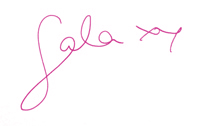The Bling Ring: Big Sunglasses, Bad Attitudes And Brazen Burglaries
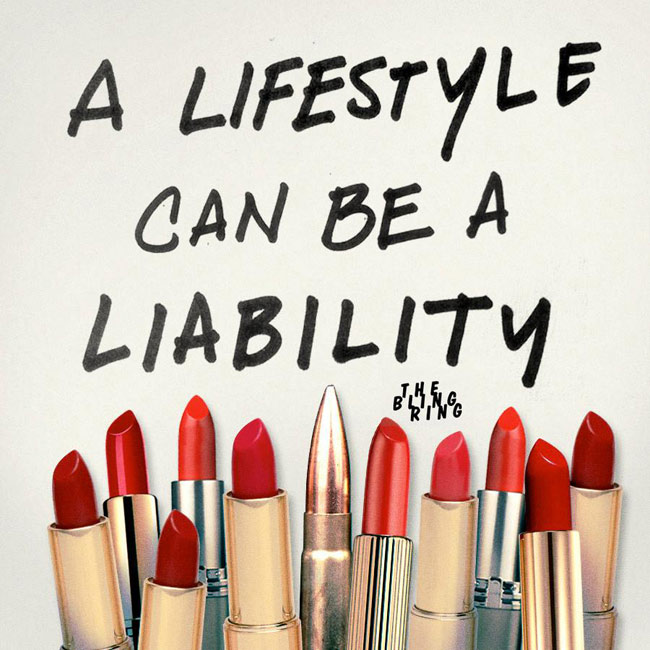
The Bling Ring opens today in NY and LA. I was lucky enough to be invited to a screening on Monday, and was absolutely gripped the whole way through. I haven’t been able to stop thinking about it since.
The film is based on the true events of 2008/09, when a bunch of teenagers in California targetted and burgled a number of celebrity homes. They broke into Paris Hilton’s mansion several times, partying in her nightclub room (complete with pole), snorting cocaine and stealing millions of dollars of jewellery.
Over the course of a year, the Bling Ring stole about $3 million in clothing, jewellery, art, cash and personal mementos from the likes of Lindsay Lohan, Audrina Patridge, Orlando Bloom and Miranda Kerr.
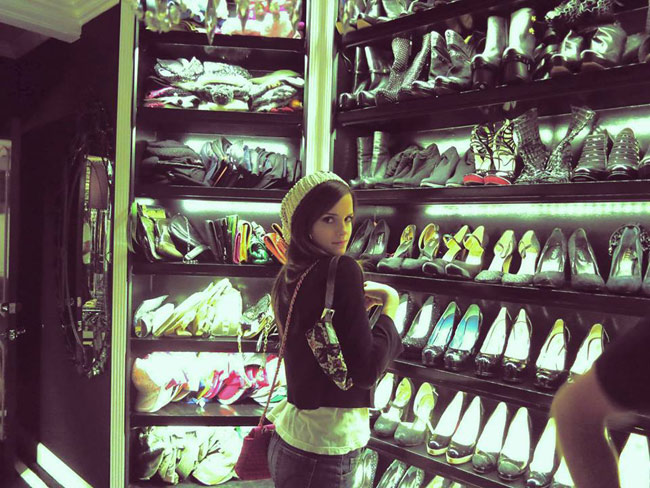
Rachel Lee, the ringleader of the Bling Ring, and Nick Prugo, her best friend, met at a school for troubled teens. These two kids, who lived pretty privileged lifestyles in Los Angeles, started small. Lee began “checking cars”, otherwise known as trying the handles of car doors parked in affluent neighbourhoods. Inside the unlocked doors of Audis and Ferraris were wallets full of cash and credit cards. Prugo and Lee would go out and spend anything they found, buying designer clothes, expensive shoes and luxury handbags.
Before long, Lee was walking into unlocked houses and taking whatever caught her eye.
When she wasn’t stealing or shopping, Lee was consumed by reality television: glazed-over on the couch, she’d soak in the luxury through her eyeballs. She would sit beside Prugo, flicking through magazines, and they would chatter fanatically about what their favourite stars were wearing.
Their interest in celebrities began to blossom into full-blown obsession, sick fascination.
Lee decided that if she wanted Paris Hilton’s wardrobe, she should go straight to the source.
Victims were targeted due to their being considered fashion icons by members of the group. If the members liked a celebrity’s style, they became determined to steal the celebrity’s clothes. Lee referred to their capers as “going shopping”. They found the houses of their targets using Google Maps and website celebrityaddressaerial.com, and determined when the inhabitants would be away by researching their schedules, such as appearances at celebrity events, through websites including Facebook and Twitter. (Wikipedia)
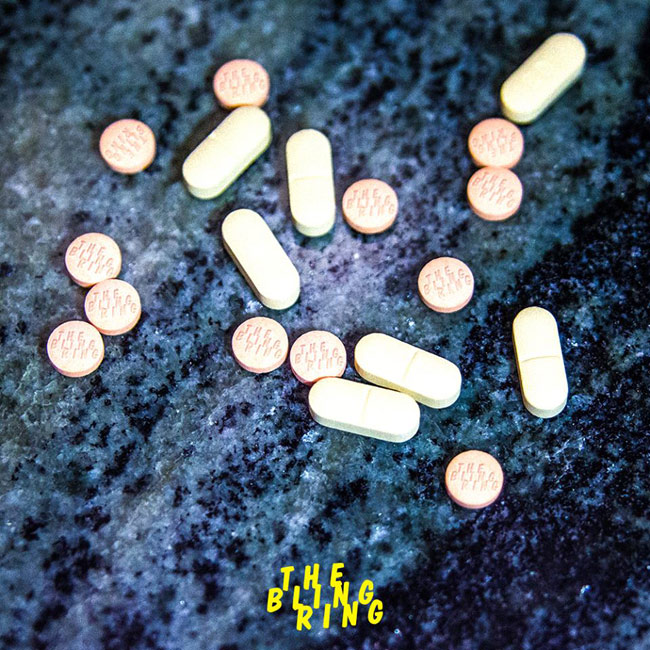
For their first celebrity target, Prugo claims that he and Lee asked themselves, “Who would leave a door unlocked? Who would leave a lot of money lying around?”, and chose Paris Hilton because they figured she was “dumb.” … They went up to the front door and tried ringing the doorbell to see if anyone was there. They discovered a key under the doormat, but then realized it wasn’t needed because the door was unlocked. (Wikipedia)
In a world where celebrities are worshipped like gods, piercing their hallowed chambers must be the ultimate high. It’s sacred ground, a peeling back of the red carpet to see what’s underneath. This is Paris Hilton’s front door; her bed; her shoe closet; her pet monkey. In one scene, one of the girls considers stealing Paris’ dog, saying, “But he likes me!” In another, Emma Watson’s character curls up on Megan Fox’s bed, and looks up pensively, no doubt thinking, Is this what it feels like to be her?
The members of the Bling Ring wanted to live the celebrity lifestyle. They too wanted to be famous for being famous — and before long, they were. They spent their nights in Hollywood, partying in stolen dresses and shoes. They posed with huge stacks of cash for their Facebook profile pictures. One member of the clique, Alexis Neiers, had her own reality television show at the time she was arrested (Pretty Wild). Nick Prugo’s ultimate goal was to have his “own lifestyle brand”.
As Sofia Coppola said, “Kids are obsessed with the idea that anybody can be famous and everybody should be.”
The movie itself is gorgeous, smart and well-cast. Leslie Mann is hilarious, a dead ringer for Andrea Arlington (see: Pretty Wild), and Emma Watson’s portrayal of Alexis Neiers is right on the money. Kirsten Dunst and Paris Hilton appear as themselves. Several scenes are filmed in Paris’ home — the same one which was burgled — which adds another layer of voyeurism to the whole glorious spectacle.
Like all Sofia Coppola films, it’s rich with a divine dreaminess: there are big blue skies, sunbursts and palm trees galore. But there are also teenage girls playing with guns and smoking heroin. Sofia does such a beautiful job of hinting at the darkness of Hollywood, something I am fascinated by.
The soundtrack pounds and undulates, veering from Rick Ross and Azealia Banks to the atmospheric twists of Can and Klaus Schulze. deadmau5, Phoenix and Frank Ocean swell to fill the depth and breadth of the cinema. Onscreen, carefree blondes crank M.I.A. in their cars: Live fast, die young, bad girls do it well…
Throughout the movie, you’re waiting for these kids’ actions to catch up with them, and you detest their lack of regard for other people’s lives. But you empathise with them, too, in some weird way. Who wouldn’t want to know what Megan Fox has on her bedside table? Who wouldn’t take a peek in Paris Hilton’s safe, if it was open in front of you?
In one scene, Lee and Prugo jack a Porsche 911 and race through Beverly Hills, stereo on full blast, laughing together as they sing along to All Of The Lights. It makes your heart pound and your palms sweat, and for a split second, you feel envy; you crave the same experience they’re having.
In that moment, you understand their yearning for a life of glamour and trouble-free days, something they imagine money and possessions will grant them. They’ve bought into what they see on television: the idea that luxury solves all of your problems. This concept is constantly shoved down our throats, and it’s easy to buy the lie. And yet, at the same time, we know there’s more to life than cold hard cash.
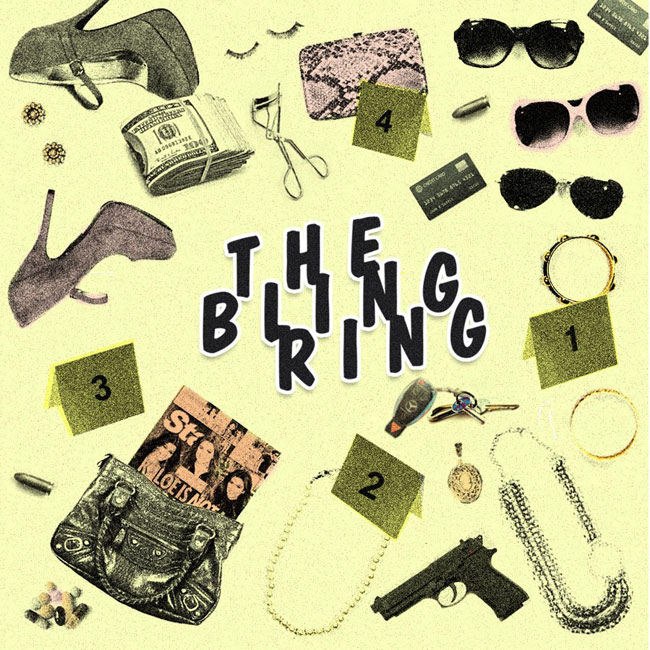
Growing up in New Zealand — and before the advent of celebrity gossip blogs — I was shrouded the from madness of celebrity culture, and I am so glad. I feel like it gave me more of a chance to think for myself, and determine my own values. When I was in my early twenties, I would lament the fact that I had “missed out” on growing up in America: there is so much pop culture that I missed. These days, I think I was lucky to be raised on a teeny tiny island.
I can’t imagine what it’s like to grow up as a teenager in today’s climate, where, despite what anyone tells you, everything you see just echoes the idea that all that matters is how you look.
I am morbidly fascinated by the effect of celebrity worship on our culture, and especially the way teenagers look to reality television stars and party girls for inspiration and guidance.
When you’re a teenager, you’re unable to think with any clarity about the repercussions of your actions. You have no idea what constitutes a positive role model, and your sense of self is so shaky that it’s all too easy to get sucked into the celebrity maelstrom.
Add to this the way the media talks about celebrities: we treat them like meat, to be cut up and sold to the highest bidder. To people who read tabloids, celebrities are not real people, they are blank canvases on which to project all our bullshit. It’s no wonder that these kids felt no guilt or remorse for their actions — celebrities are so simultaneously loathed and lauded that they become like cartoons, barely human at all.
But of course, superstars are just as real as you and me. You only have to read the grand jury testimonies of the victims — Lindsay Lohan, Rachel Bilson and Paris Hilton among them — to realise that having their homes burglarised and personal belongings ransacked was a traumatic event, the same as it is for anyone who has their home invaded.
I keep hoping that our culture has reached saturation point with people who are famous for being famous, whose sum offering to the world is a sex tape, a reality show, and an aptitude for applying lip gloss. It’s one thing to look at it as deranged, low-brow entertainment; it is entirely another to view it as a model for living life well. When we start to buy into what we see on television, we get into trouble.
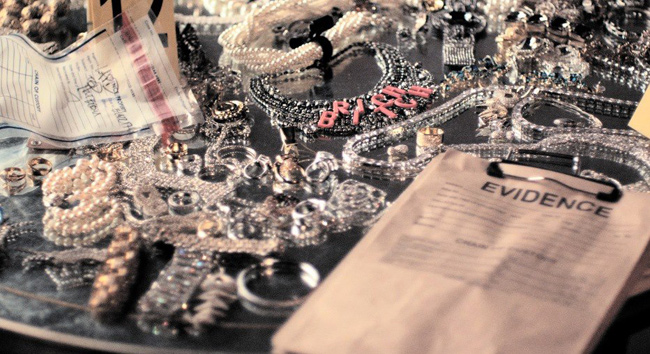
The real tragedy of the Bling Ring is that these kids sought a kind of salvation through stuff, as if fitting into Paris Hilton’s Louboutins would give them a feeling of belonging. As if carrying Miranda Kerr’s Birkin could dissolve your drug addiction, or bestow any sense of true happiness.
But it’s hardly surprising, is it? This is the story we’re being told. It’s all we ever see, and even the most sane amongst us have lapses. We all try on a pair of shoes and project a kind of fantasy around them; we all have moments where we wonder if owning a more luxurious handbag will make us “better”.
Our rational mind is constantly fighting against advertising which tells us that yes, owning this car will make your life more exciting; wearing this fragrance will mean you never feel lonely again. But the end result, of course, is that owning these things — whether you obtain them through hard work or thievery — doesn’t change your life in any real way.
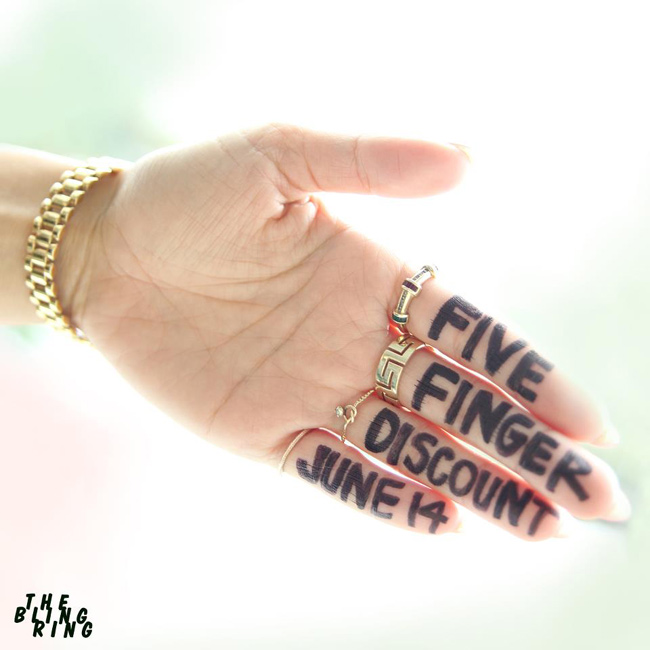
For making me think about all of these things — as well as keeping me extremely entertained for two hours — I give The Bling Ring 4.5 stolen necklaces out of 5. It’s a perfectly-timed meditation on today’s culture, and when you team that with real life events, plenty of lavish eye candy, and a bangin’ soundtrack, it’s pretty flawless.
I loved it. I think you should see it with a friend, and talk about it all the way home.
A lifestyle can be a liability,
